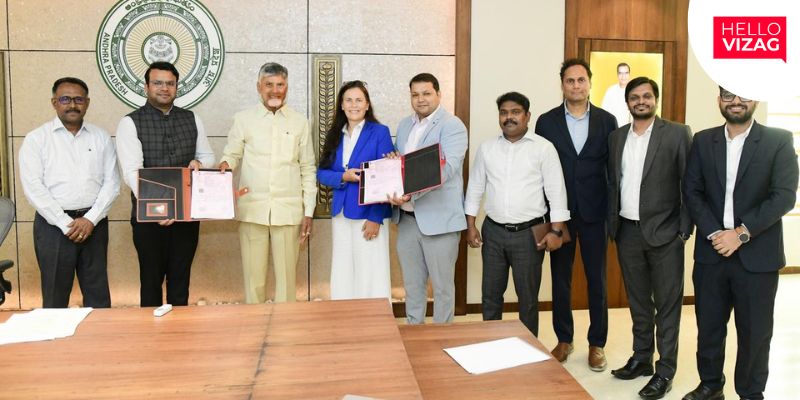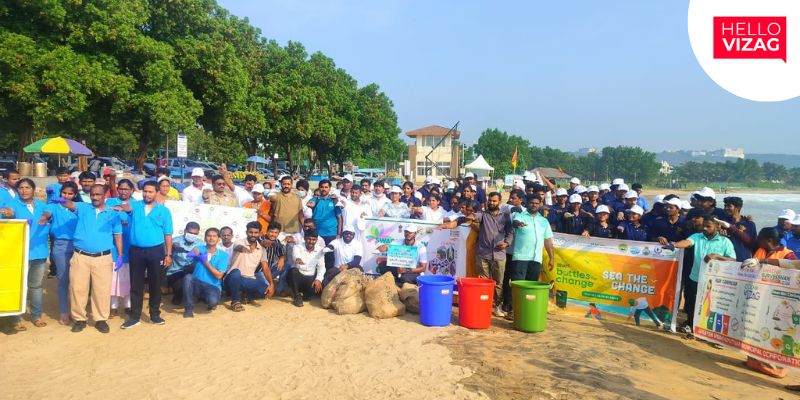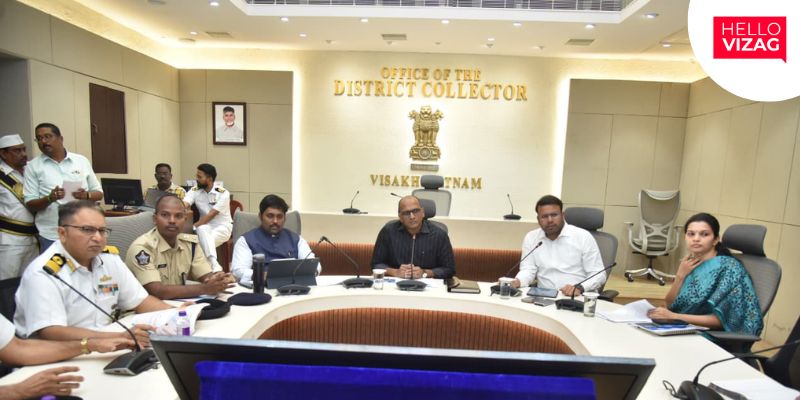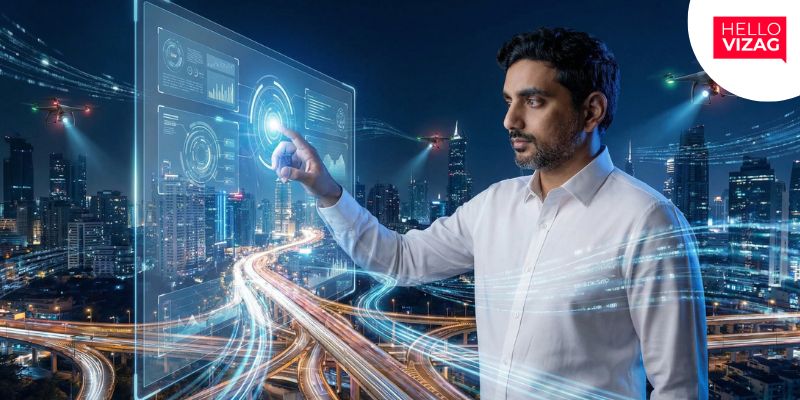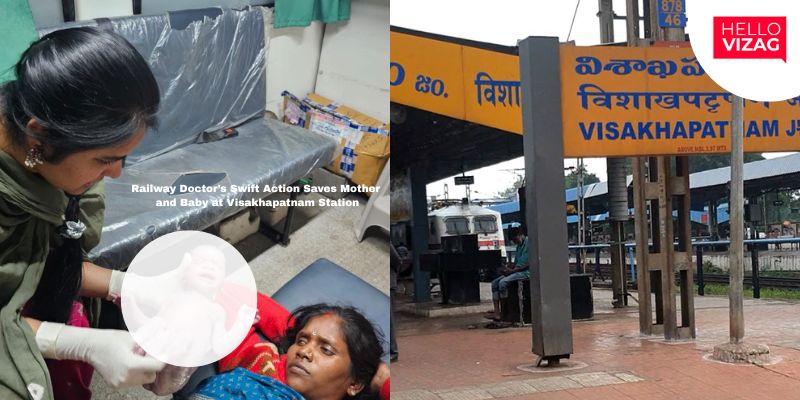Visakhapatnam, September 9, 2025 — In a landmark initiative for urban transformation, the Greater Visakhapatnam Municipal Corporation (GVMC) has secured ₹498 crore (approximately USD 60 million) in direct funding from the International Finance Corporation (IFC), marking the first-ever municipal financing provided by a development institution in India without a sovereign guarantee.
A Trailblazing Financing Model
A trust deed was signed at the Andhra Pradesh Secretariat by GVMC Commissioner Ketan Garg and IFC’s Asia Head Victoria Delmon in the presence of Chief Minister N. Chandrababu Naidu and Principal Secretary S. Suresh Kumar of the Municipal Administration & Urban Development Department.
This agreement sets a precedent—confirming that financially disciplined and administratively progressive urban local bodies can independently attract global capital for critical infrastructure.
Tackling Sanitation Challenges in Madhurawada
Madhurawada, home to over 250,000 residents, has been grappling with insufficient sanitation infrastructure, resulting in untreated wastewater contaminating local water bodies.
The ₹553 crore project will overhaul this by developing:
-
A comprehensive underground sewerage network (~400 km),
-
Pumping and lift stations,
-
A new sewage treatment plant (STP) with phase-wise capacity scaling from 20 MLD (by 2028) to 38 MLD (by 2043), covering around 82,900 households.
From the current 20% coverage in Madhurawada, GVMC aims to achieve full sewerage coverage by 2030, with future plans for wastewater recycling and reuse to conserve freshwater—especially for industrial and commercial needs.
Funding Breakdown & Financial Terms
The total project cost is ₹553 crore:
-
₹498 crore: Provided by IFC via rupee-denominated Non-Convertible Debentures (NCDs),
-
₹45.64 crore: From the Centre’s AMRUT 2.0 scheme,
-
₹9.36 crore: From GVMC’s own funds.
The 15-year loan includes a 3-year principal moratorium and a floating interest rate of 8.15% per annum.
Multipronged Impact
-
Public Health & Environmental Protection: Reduction in untreated wastewater to curb pollution and disease risks.
-
Climate Resilience: Robust infrastructure to mitigate urban flooding and strengthen coastal safeguards.
-
Economic Upliftment: Job creation, increased property values, and potential to attract further investment to the region.
GVMC Commissioner Ketan Garg and government officials describe the project as more than just a sewage system—it’s a model of sustainable, self-reliant urban growth that demonstrates how Indian cities can modernize while maintaining global financial standards.
What This Means for Visakhapatnam
South India’s thriving seaport city, with expanding IT hubs, vertical development, and rising population, is poised to improve sanitation across its fastest-growing zone—and perhaps inspire a ripple of similar investments across urban India.

 Team Hello Vizag
Team Hello Vizag
